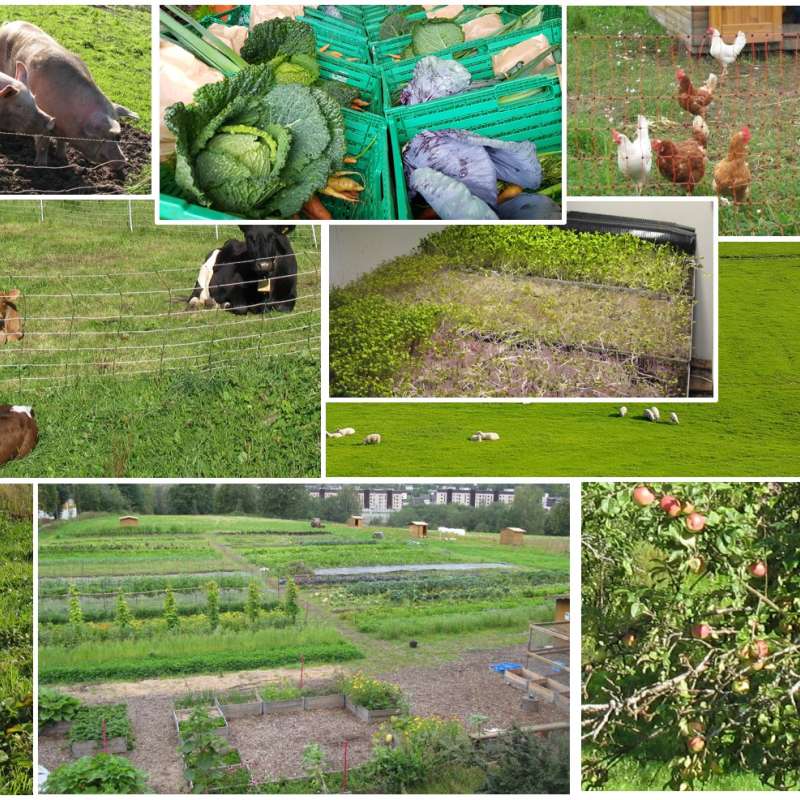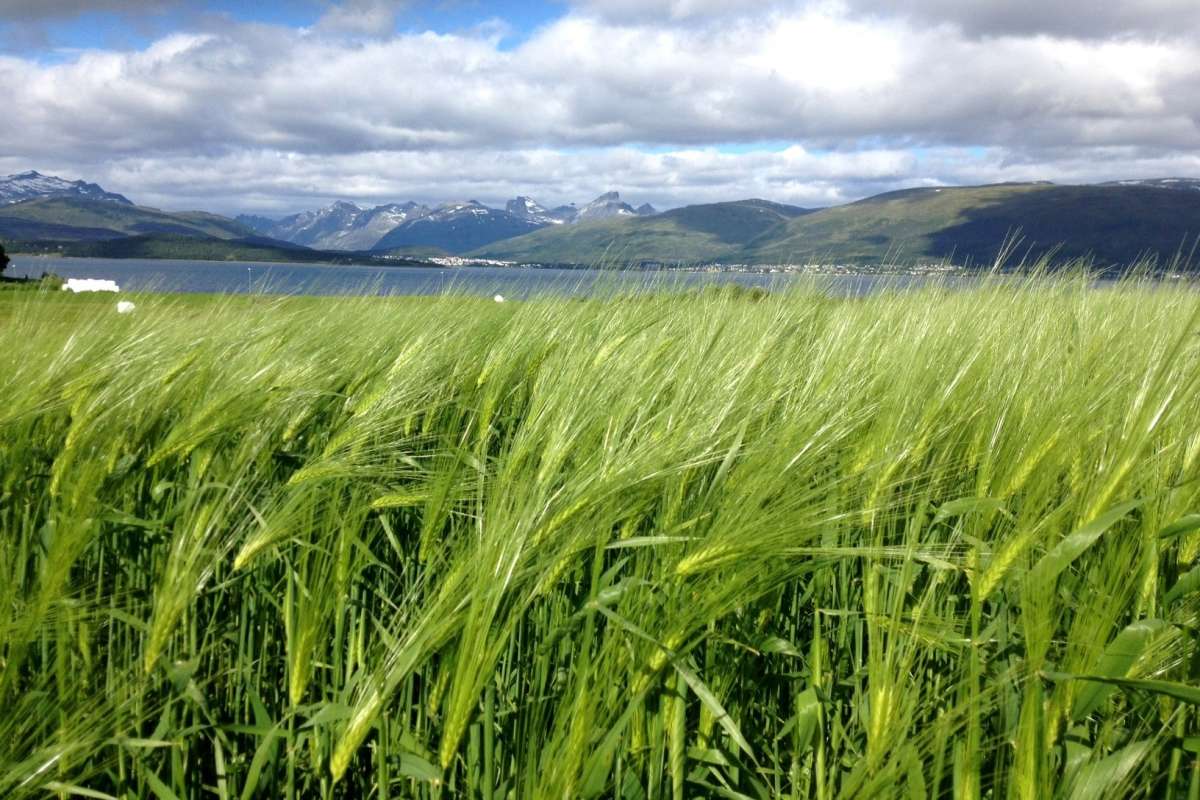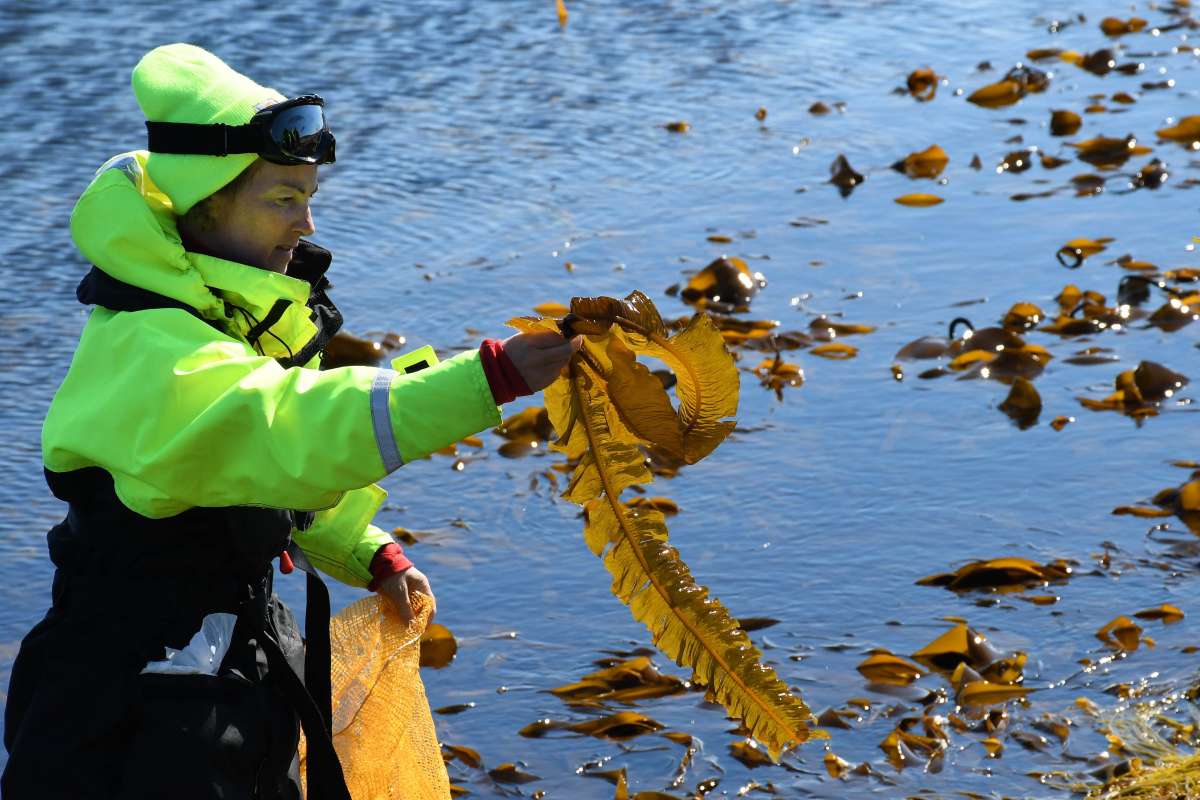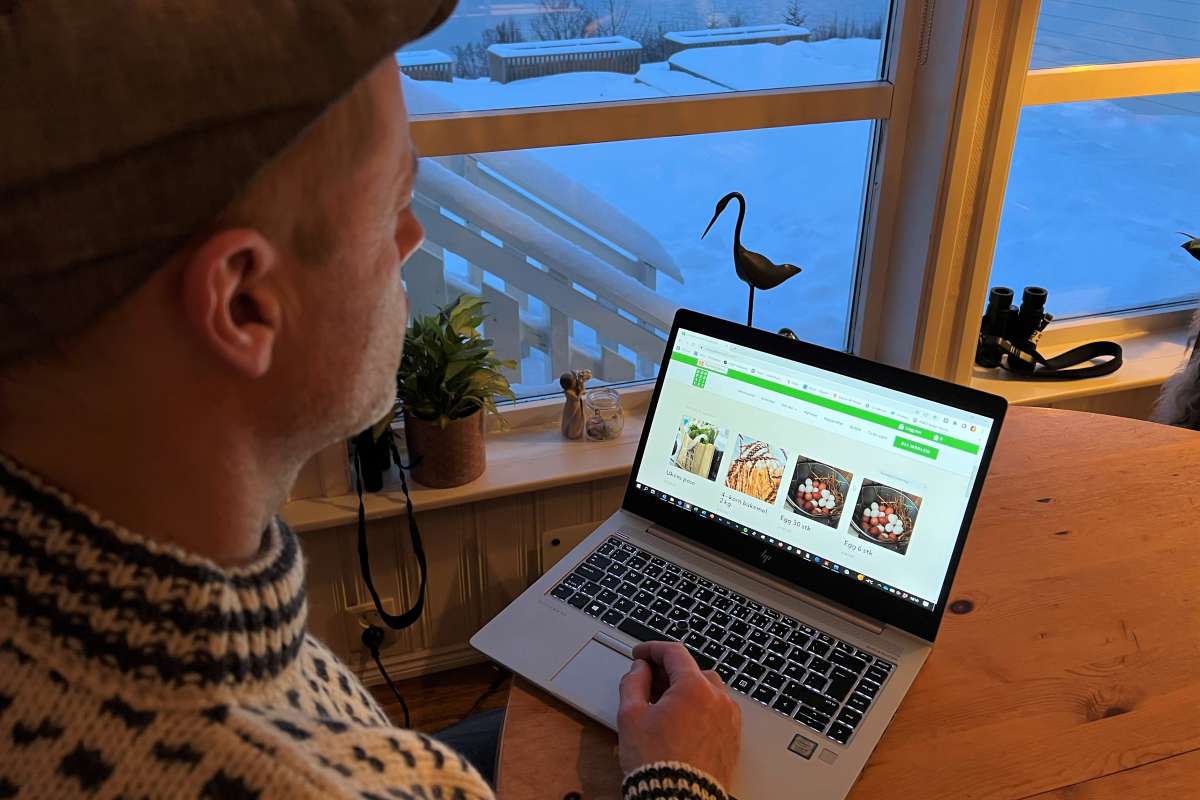Growing your own vegetables makes you happier
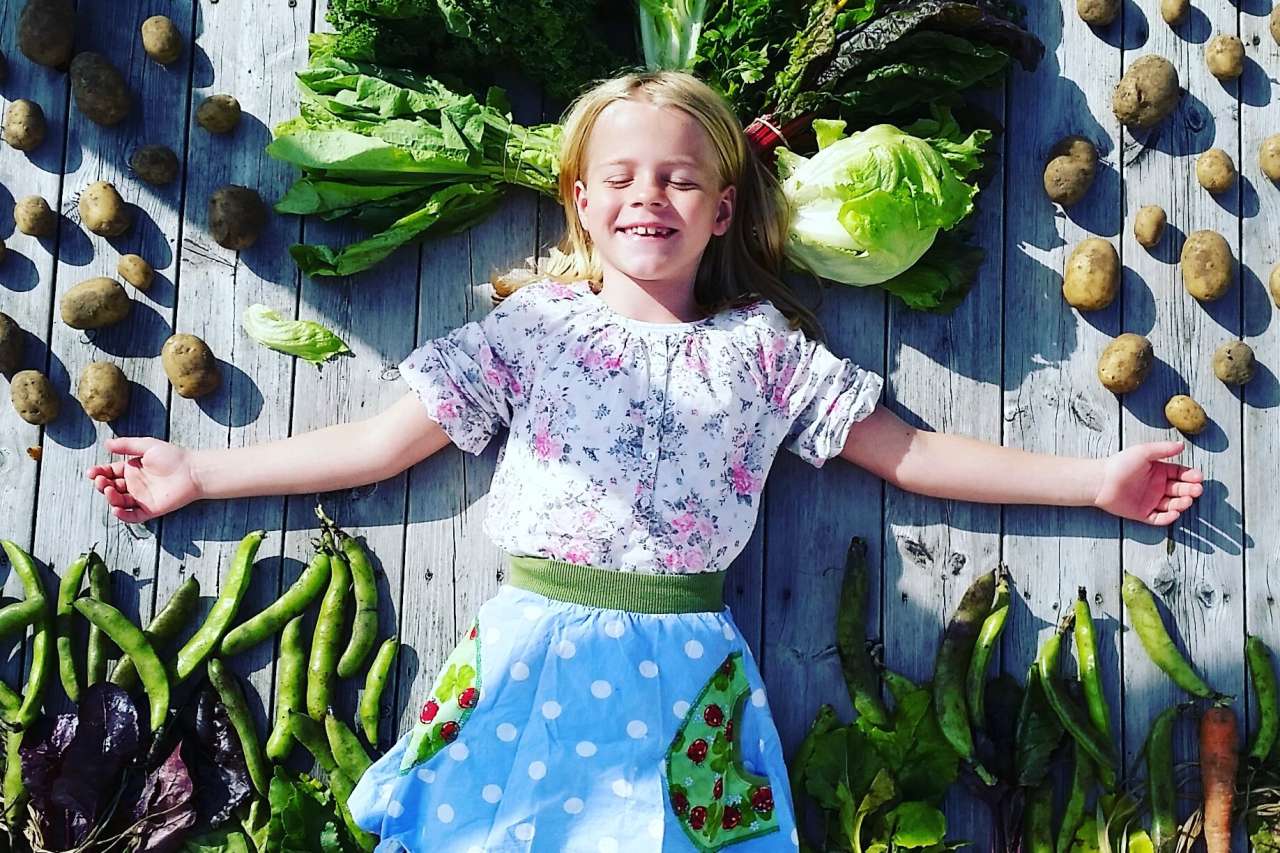
A new survey from NIBIO shows that almost 80 per cent of shareholders in Norwegian CSAs experience an increased quality of life. Photo: Anna Birgitte Milford
A new survey on Community Supported Agriculture (CSA), or “shared farming” in Norway, shows that members experience increases inincreased quality of life and better physical and mental health. And the more they participate, the happier they become.
NIBIO researcher Anna Birgitte Milford has analysed the response forms from 390 cooperative owners in 45 different CSAs in Norway. The aim of the survey was to learn more about the experiences people have with being part of a CSA. The purpose is to optimize the organization of the farms as much as possible.
“A surprising number of people, almost 80 per cent, answered that being part of a CSA gave them an increased quality of life. It tells me that they get more than vegetables for their membership. And this effect deserves to be highlighted,” says Milford.
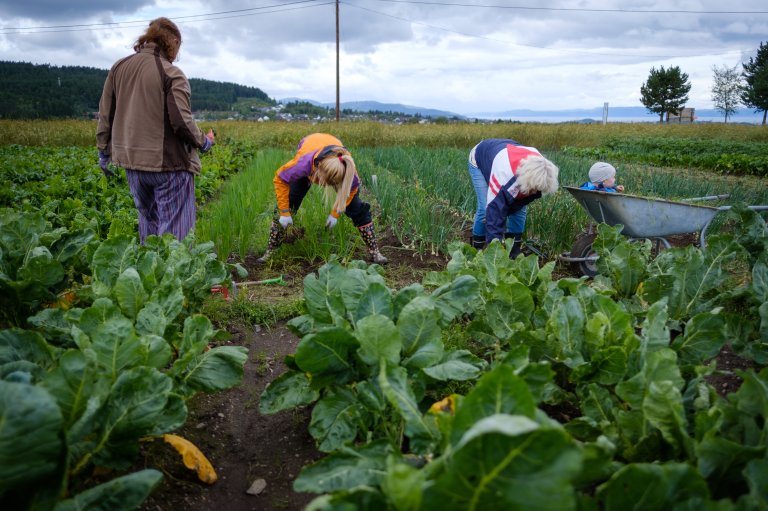
What is Community Supported Agriculture?
Growing your own vegetables is not always easy. Especially if you have neither land nor knowledge on how to start. By buying into a CSA, you can get help from experienced farmers and grow most of your own vegetables.
“Many CSAs are run by a farmer who owns the land and all the necessary agricultural equipment. The farmer is responsible for the day-to-day operations. Members are notified when it is time to participate during the growing season, and when various vegetables are ripe for harvesting,” says Milford.
“The shareholders, as the members are called, pay for their share of what is grown ahead of the season. This is how the farmer and the members share the risk of a poor harvest caused by bad weather or other unforeseen events.”
There are also other ways to run a CSA. Some are more consumer driven. This means that the members are in control of the day-to-day operations themselves – or they can hire a gardener. It also means that the members bear the costs of renting land and buying equipment.
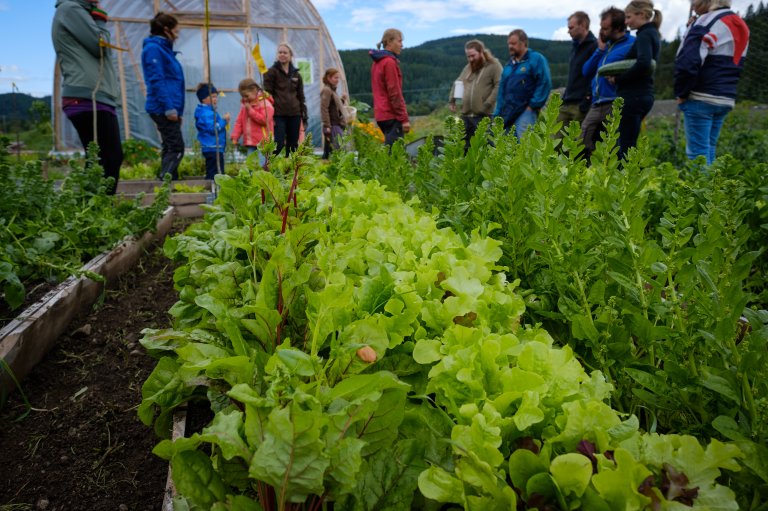
Get your hands dirty
In the survey, close to 40 per cent stated that their physical health had improved, and over 50 per cent had improved their mental health. Why do so many shareholders experience a higher quality of life? Where does this feeling of happiness come from? It is about much more than just fresh vegetables, says the NIBIO researcher.
“It's about the social community and the joy of being outside, watching things grow and getting your hands dirty. This experience means much more to many than just buying the vegetables from a store,” says Milford.
In the comments section of the survey, many shareholders have described what lies behind the feeling of an increased quality of life. Milford pulls out a small selection:
"Fantastic place to be and work in pleasant company. No pressure to deliver – focus on learning, being together, having a good time by the campfire.”
"... more proximity to nature and food production, easy to miss in a city."
"Be able to stick your fingers in the soil, and not just press a keyboard."
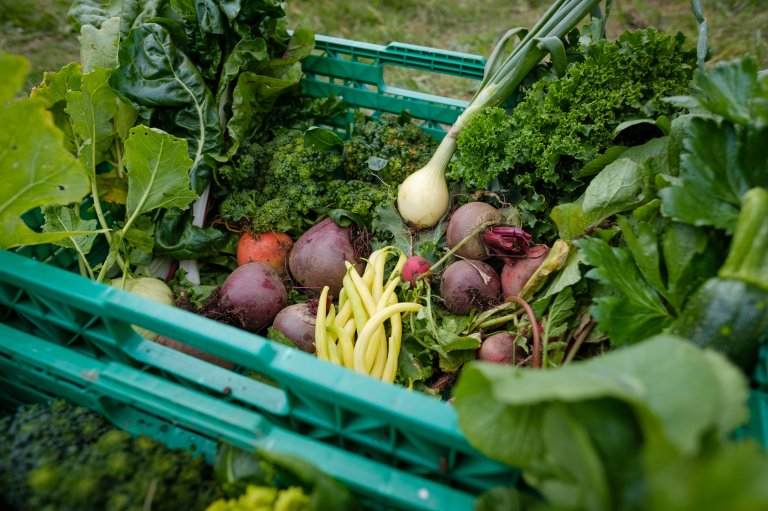
More vegetables on the menu
Around 70 per cent of the shareholders also answered that they have improved their eating habits after becoming members.
“A surprising number of people answered that they have started to eat more and different types of vegetables than before. It's likely connected to the fact that they bring a greater variety of vegetables home and that they get a conscious attitude towards using them in their daily cooking,” says Milford.
“Only a small part of the Norwegian population eats as many vegetables as recommended by the health authorities. Therefore, it is very positive for public health if membership in CSAs leads to people eating more vegetables.”
Milford is concerned with how to motivate larger parts of the population to eat more greens, as well as to join a CSA.
“We must create business models that are tempting also to those who do not have vegetables as part of their daily diet. We should look into more convenient delivery agreements and payment methods. Perhaps inspiring recipes and cooking courses should be part of the package. This will be an interesting field for future research,” says Milford.
A wish for the future
Milford believes the survey shows that CSAs can have positive ripple effects for public health. Nevertheless, these farms fall outside society's support system.
“CSAs fall between all the seats and do not receive support from the health authorities, the agricultural authorities, or the environmental authorities. This means that the shareholders share the entire risk and must pay for one year's production, even if the crop goes poorly. To be able to take this risk you must have some surplus,” says Milford.
A wish for the future is that CSAs are recognized for the societal benefits they provide, and that they can receive public support for their contribution to better physical and mental health.
Contacts
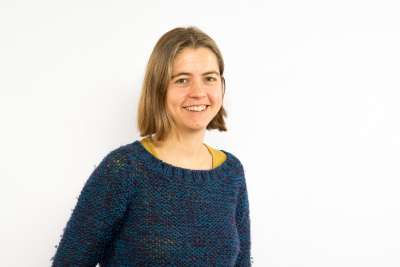
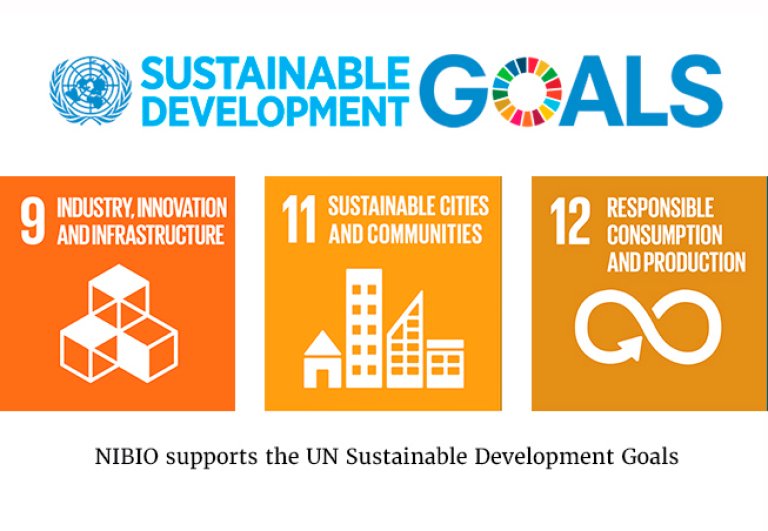
CSAs in Norway
On the website of “Andelslandbruk Norge”, 86 farms around the country are registered as CSAs, from Pasvikdalen in the north to Lyngdal in the south.
In Pasvikdalen in Finnmark, NIBIO Svanhovd runs the world's northernmost CSA.
"We are located at 69.27° north and 30.2° east and grow vegetables where no one thinks that anything grows."
In 2023 Svanhovd CSA has started its seventh season, with space for 20-30 shareholders. Each shareholder pays NOK 1 500,- and must contribute 10 volunteer hours. The CSA is organized as a project in NIBIO Svanhovd.
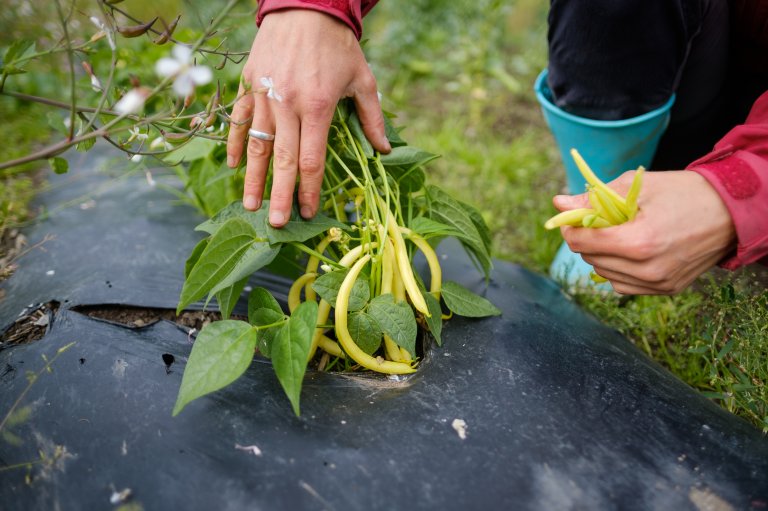
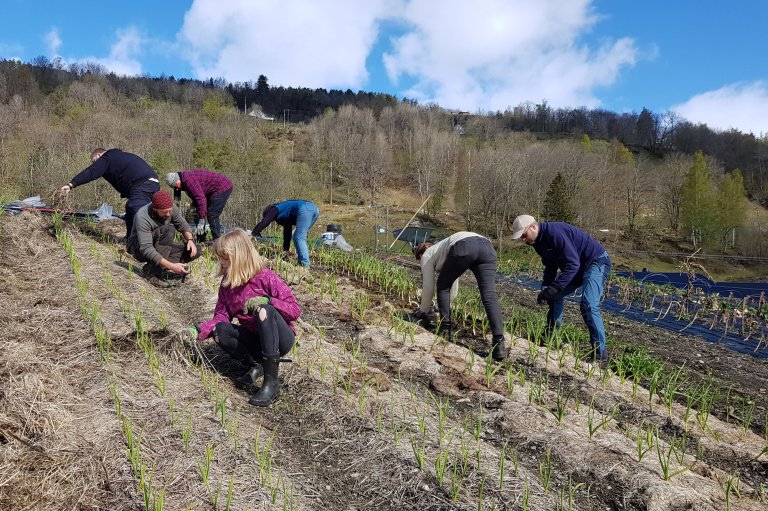
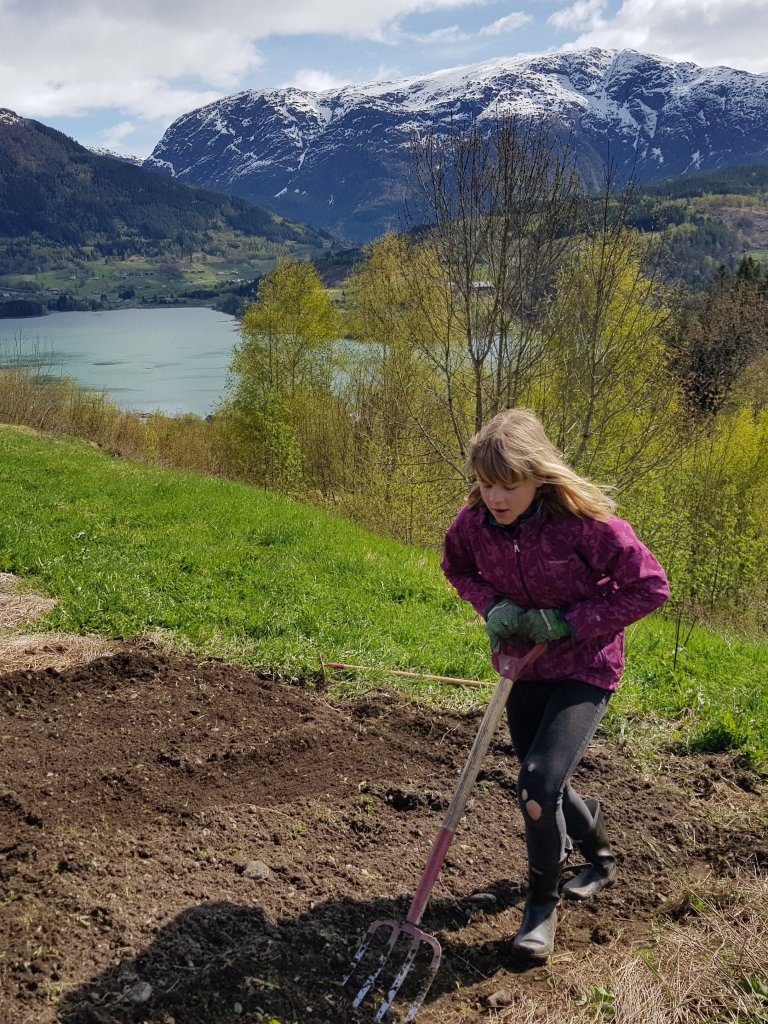
Contacts


